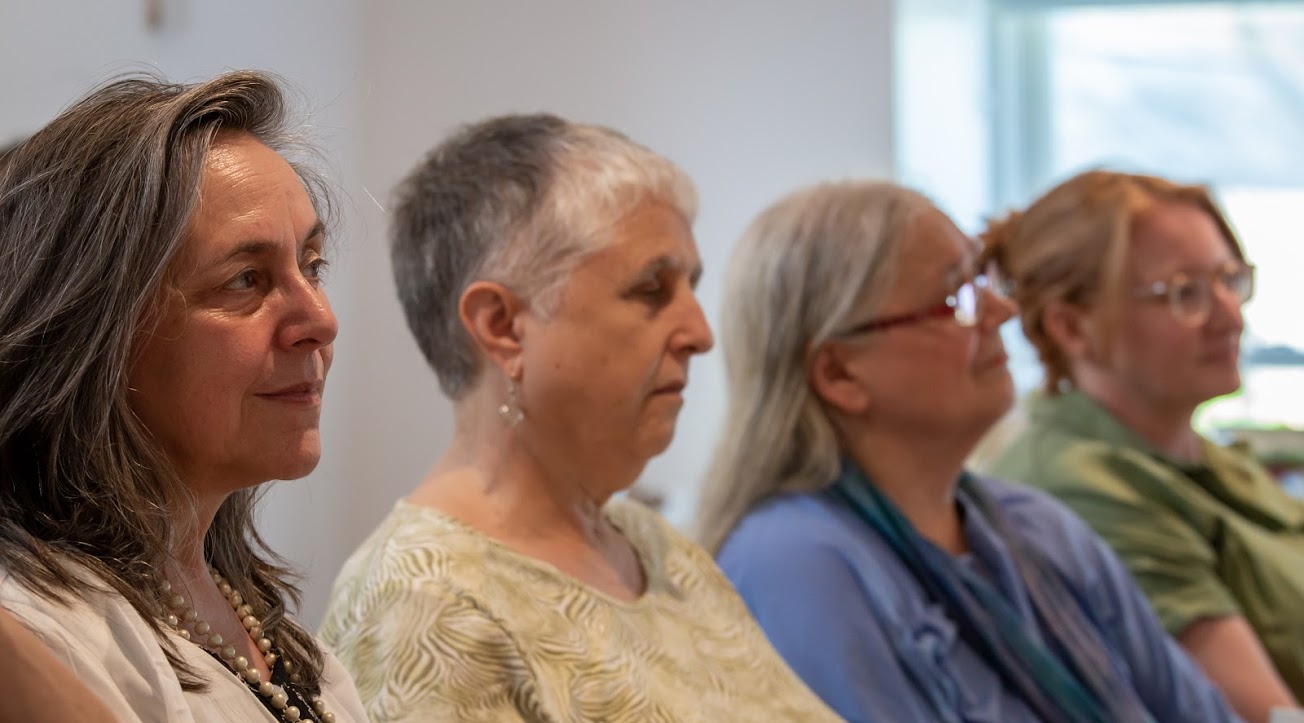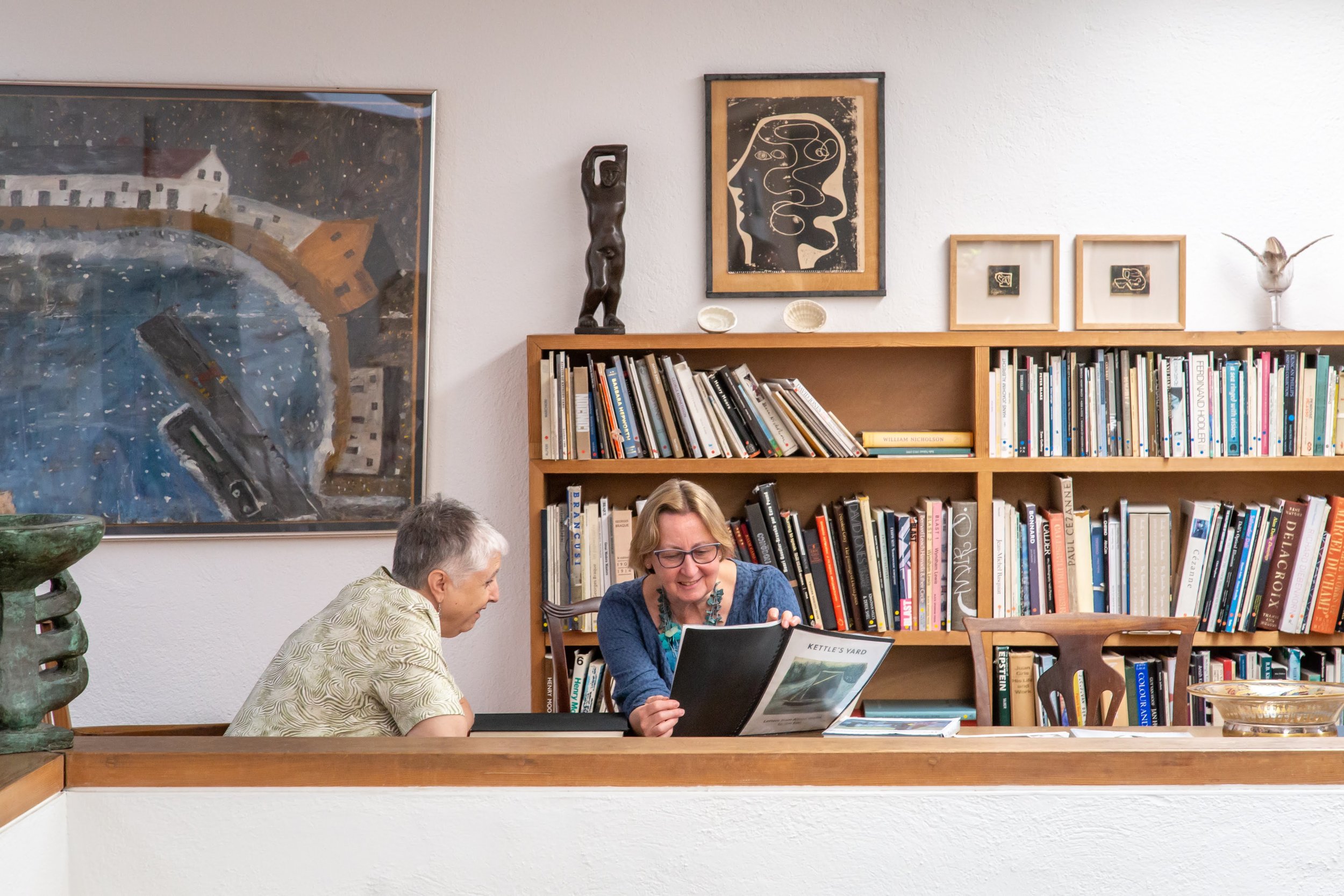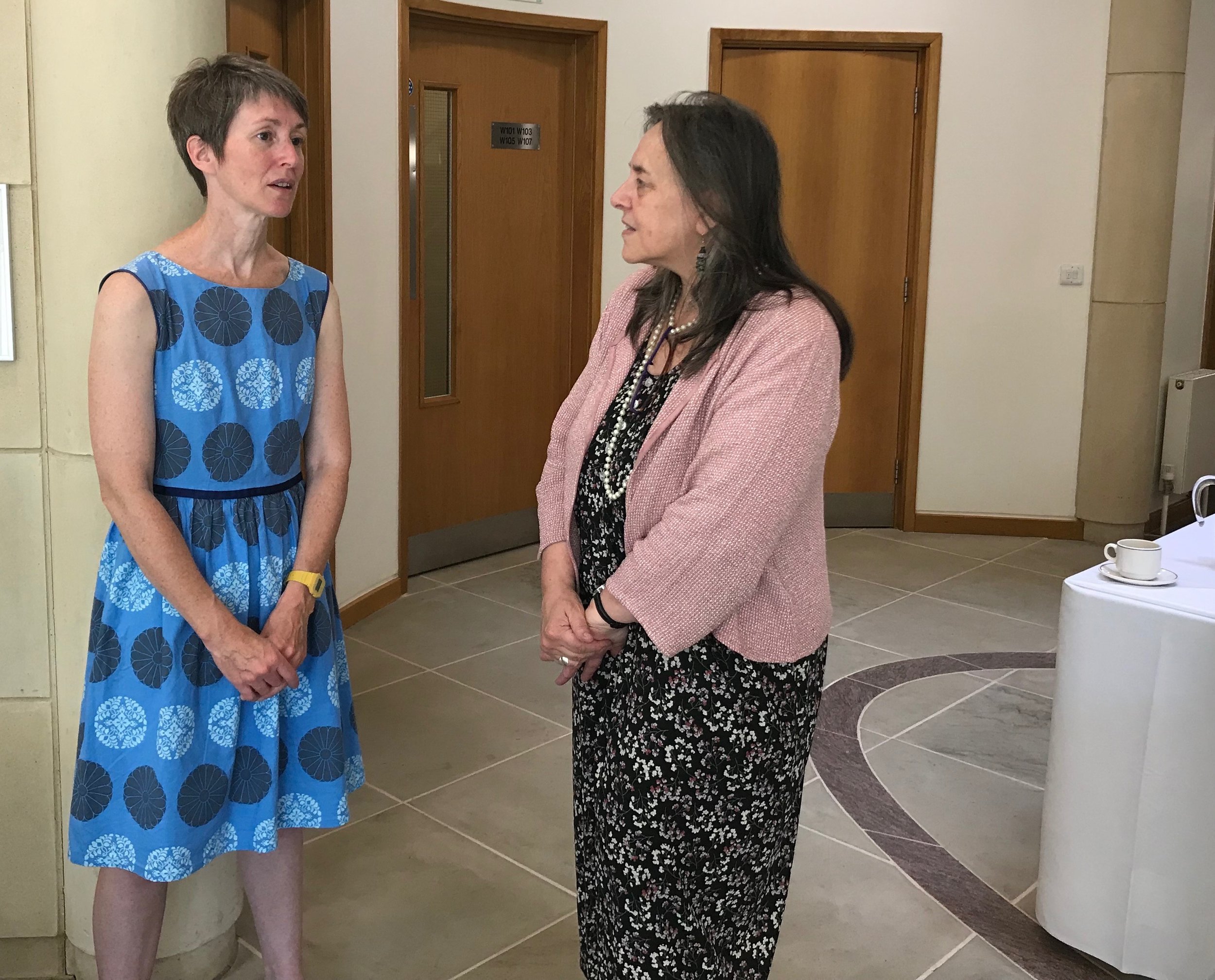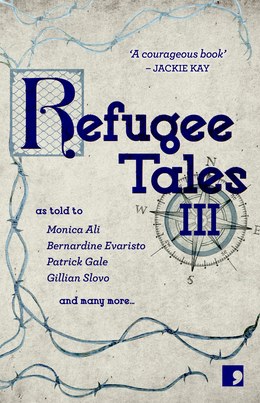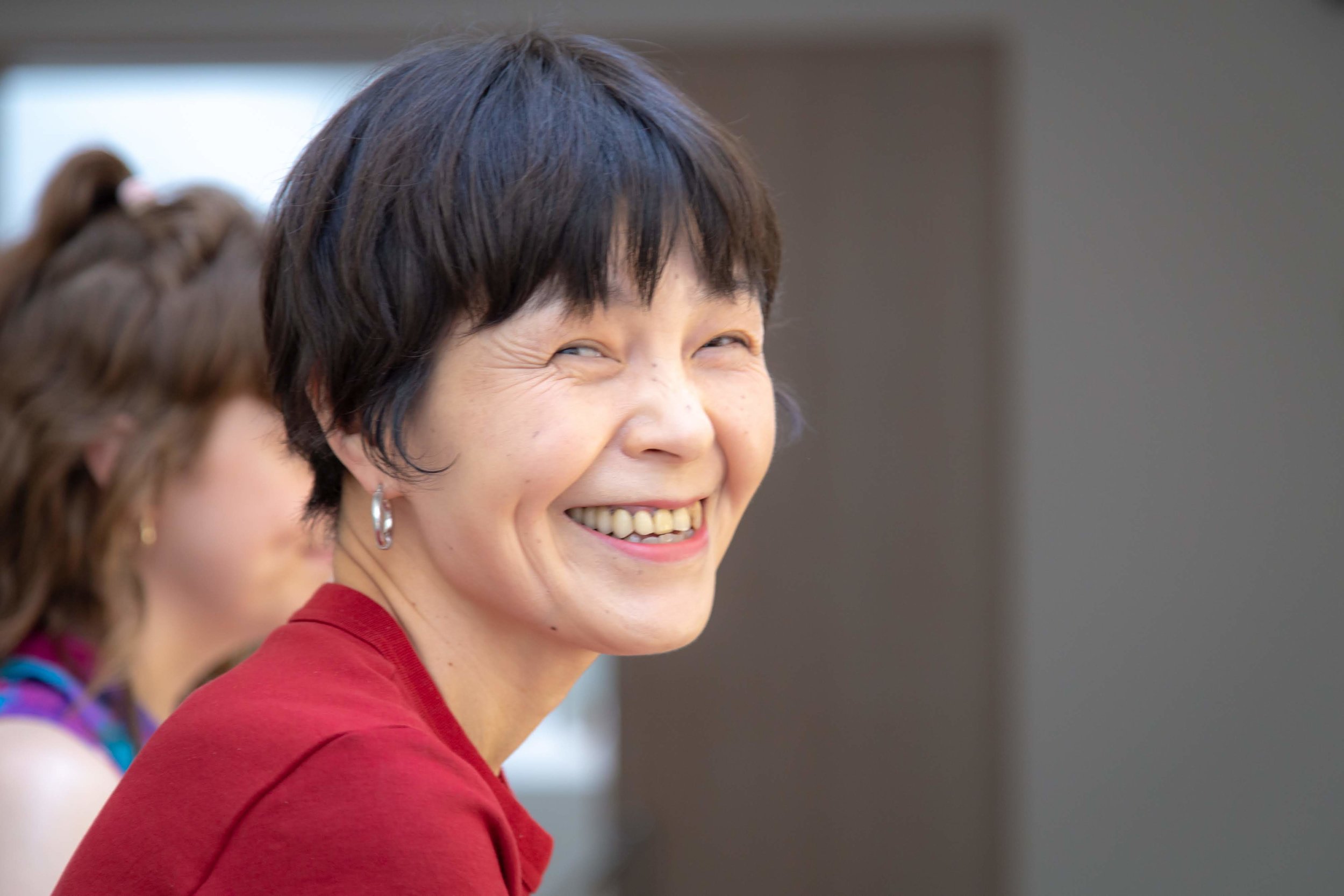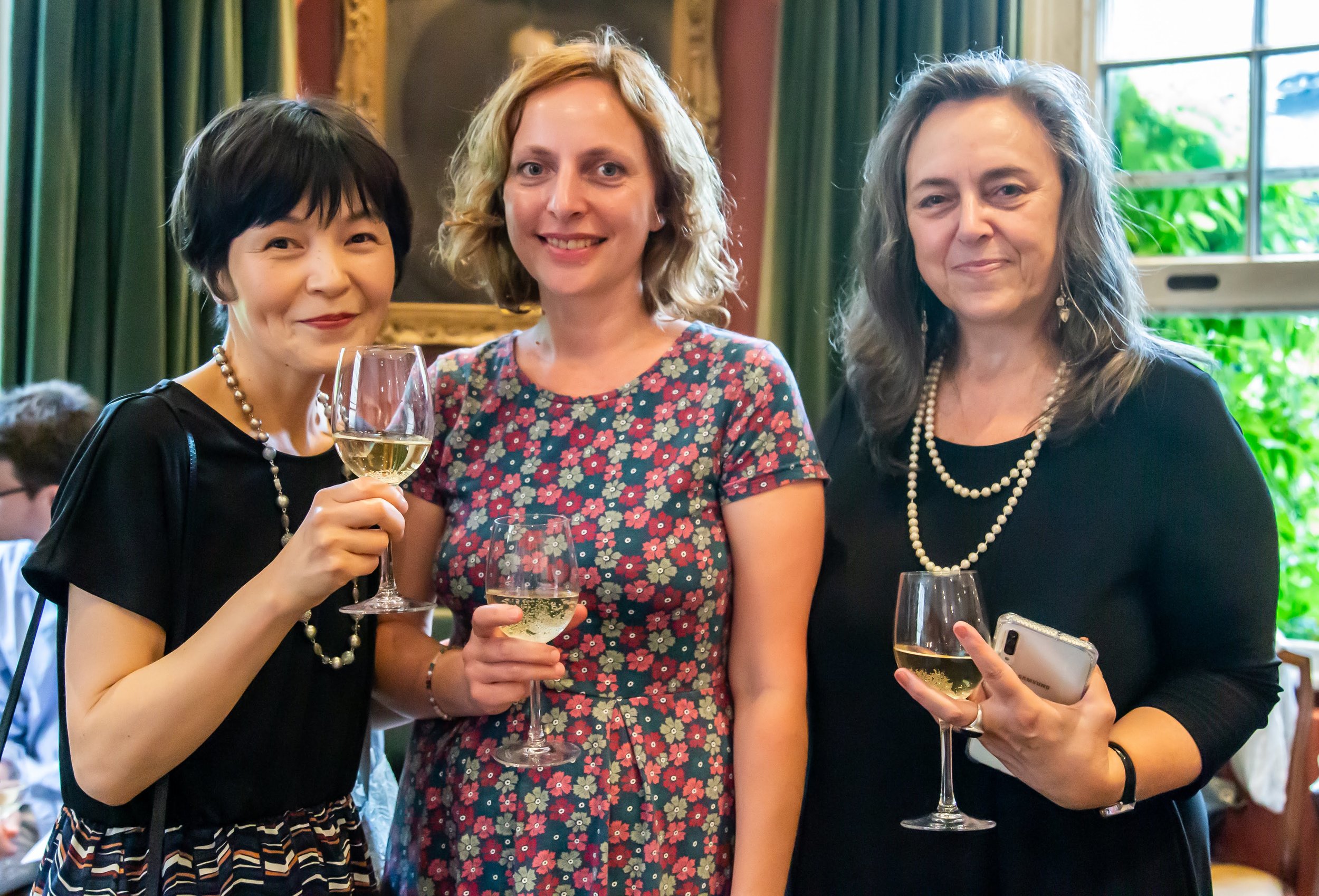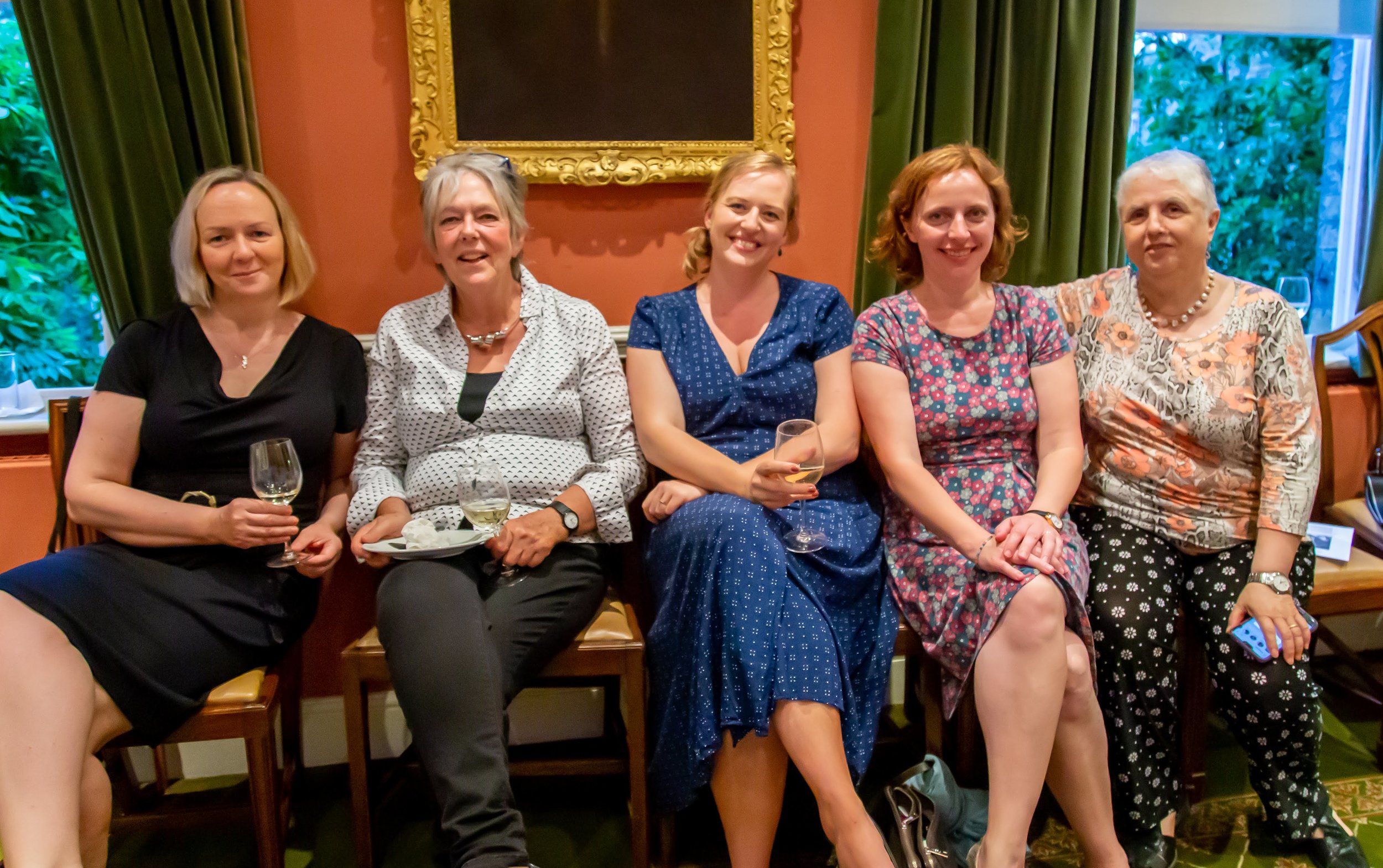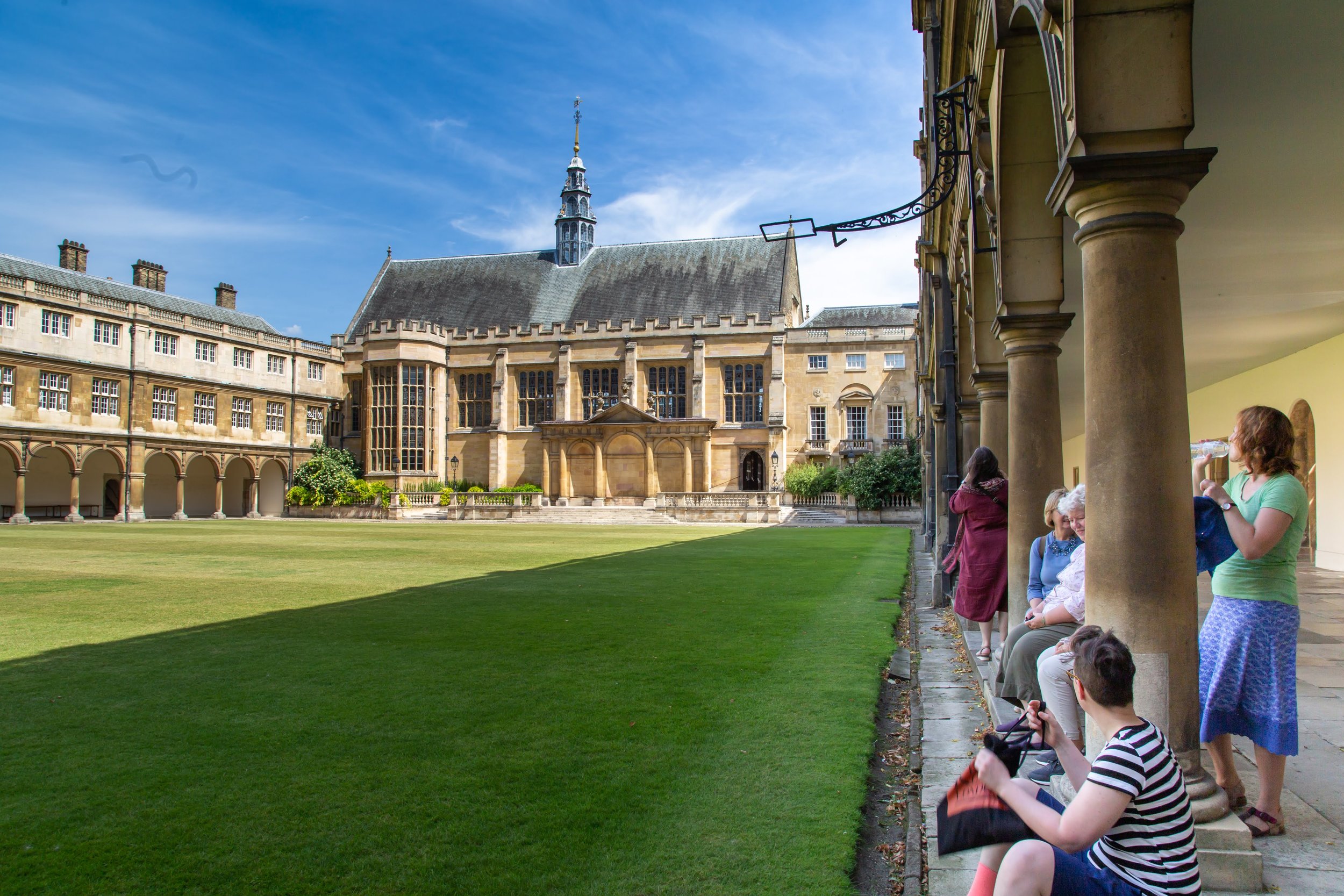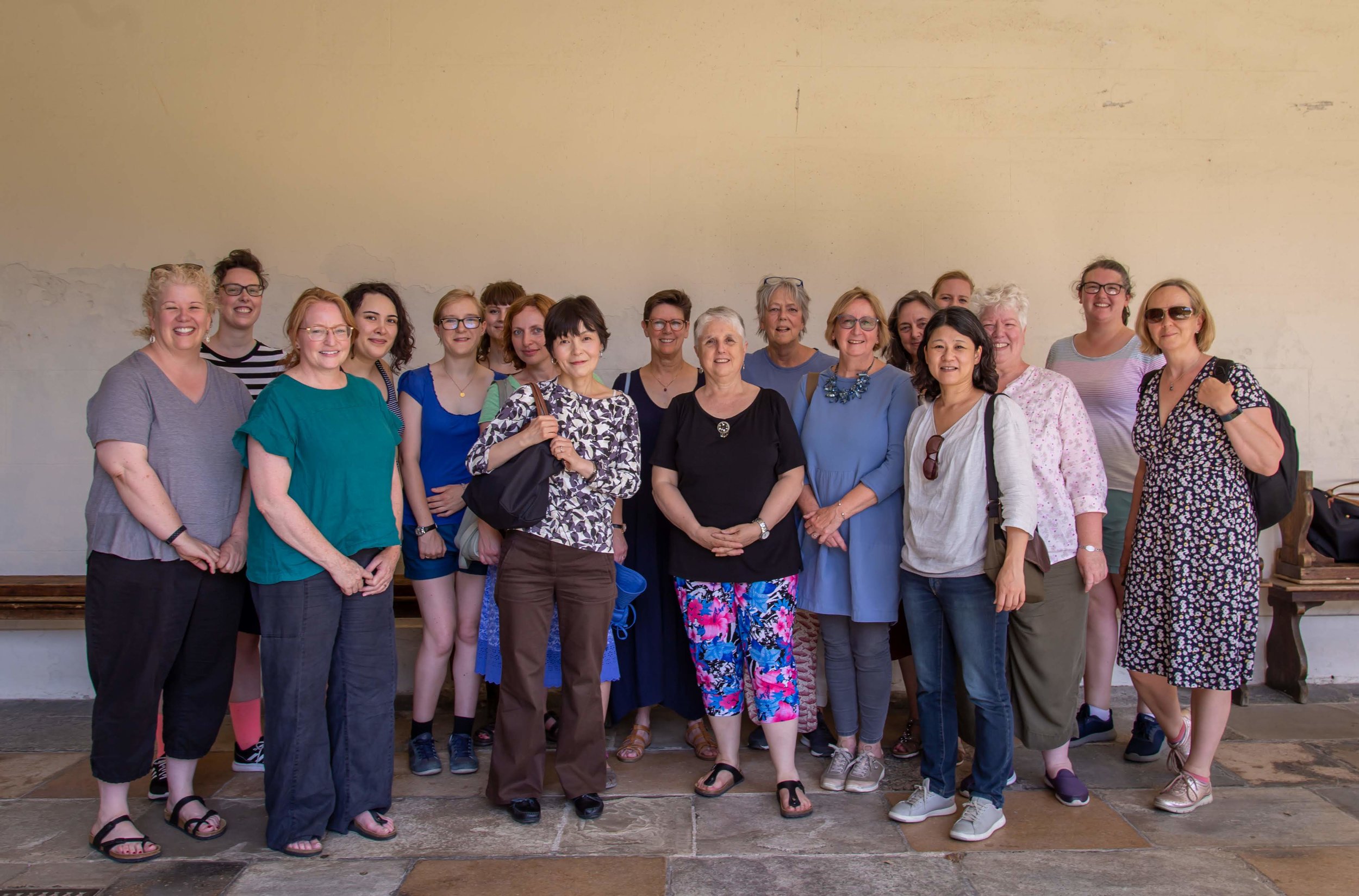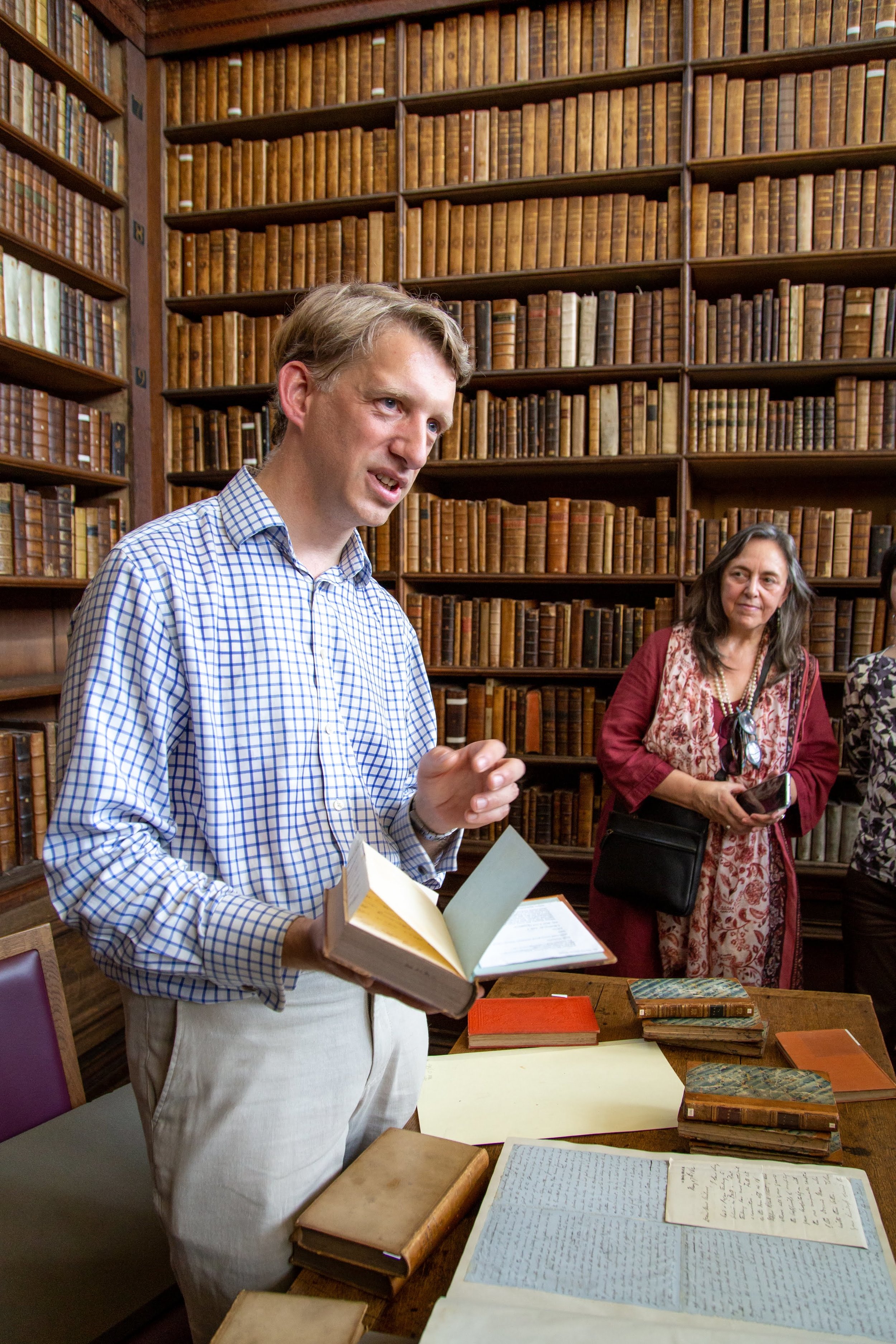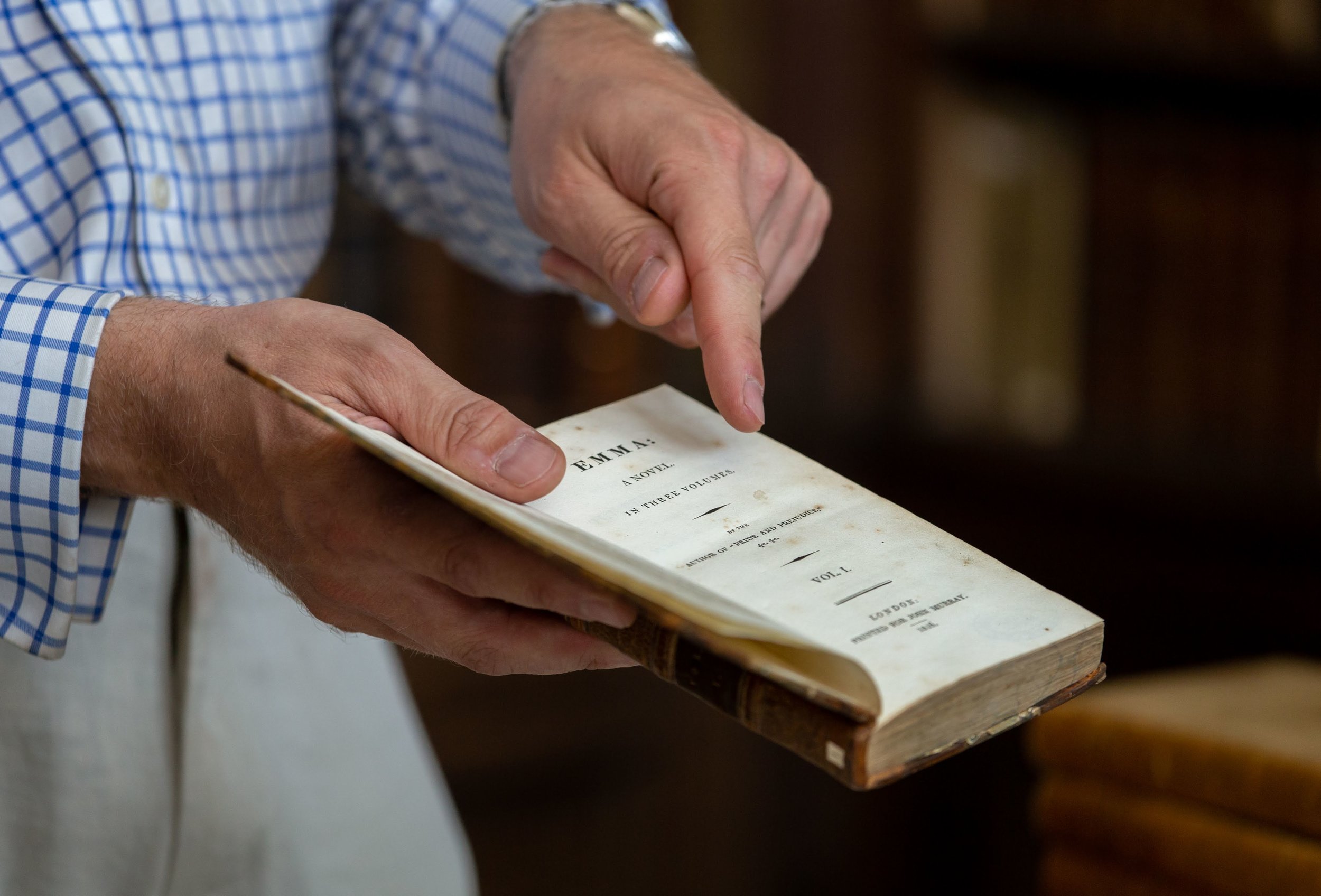Francine Danniau on Fictions of Home
Francine Danniau from Belgium reflects on her week at our Fictions of Home summer course, July 2019.
Coming home to Ghent, after a wonderful summer course in Cambridge, I noticed that the film Maurice was playing in town. Based on the novel by E. M. Forster, the film took me back to King’s College where I had recently been walking. Besides giving a description of how sexuality and homosexuality were approached at the time, it also gives an insight into society, academia and family life in British houses and homes just before the First World War. The story takes place at some amazing locations in Cambridge.
The topic of what a ‘house’ and a ‘home’ meant to society and to the individual from the early nineteenth century up till now was brought to light during this summer course, not least through the books we studied. Guest professors at Wolfson College and several others, whom we met at former homes of illustrious habitants of Cambridge, introduced us with enthusiasm to a different aspect of the theme ‘fictions of home’.
It was a wonderful feeling actually to be in the room in Girton College where Virginia Woolf gave one of the lectures which were later published as A Room of One’s Own (1929), one of my favourites. It also underlined an idea that was present in our readings and discussions in many ways, namely the place of the women in society, materialised in having, or not, access to a house that one was allowed to consider one’s home. Woolf has much to say about one’s own responsibility to obtain a place in society as a woman. To see and almost touch the manuscripts of Virginia Woolf, and other great writers held at the Wren Library, was a breathtaking moment.
The list of books chosen set a framework and suggested a history of how one was allowed to live in a house and perhaps inhabit the space as one’s own and also make it a home. This gave us a glimpse of how precarious life was and still is for men and women alike depending on birth, possessions, heritage, marriage, social links, laws and customs. We came closer to having an idea reading novels by Jane Austen, Charles Dickens and Virginia Woolf alongside some Katherine Mansfield stories, up to the actual questions today of migration, asylum, and the personal trauma of fleeing, losing one’s home and identity, that we found in the contemporary Refugee Tales books.
I choose to participate out of love for the writers and the books on this course. Above all, I was interested in the links made with the current refugee crises, refugee tales and books written by refugees. I work with asylum seekers in the process of obtaining a legal status. Today, the situation for many is of being refused time after time a legal status and thus finding themselves in an ‘illegal’ state, or something pending in between.
Because I work in a psychoanalytical private practice, refugees who have attempted suicide or are suicidal are referred to me. Life suddenly is very precious when one becomes homeless and stateless. Having left their house and home, family, job, work and friends, there is not much to hold on to but oneself and a dream. In this respect a house and a home become one’s own body and mind. For human beings the most crucial question is: 'What is my place in the world; where do I belong; who am I; what do I want?' We are domesticated in language, in language we dwell, so language becomes our context, becomes our home. The reality of losing house, home and context of one's mother tongue makes life particularly difficult for refugees.
This was one of the most remarkable conclusions of the week, at least to me: that one can inhabit one’s own body and thoughts and consider these as a house and home. A house may become a home which one can carry along wherever one travels or is permitted to stay.
The excellent supervision sessions in the course intensified our thoughts and reflections from the lectures and our own readings. Personally I found it enriching to exchange ideas, and listen to others talk about how they had perceived the material we were confronted with. It became clear that one can never be certain of finding a place or state of mind where one feels ‘at home’.
Coming from all parts of the world, different continents, speaking different mother tongues, having different backgrounds, ages and professions, we all found a mutual interest in each other, the books and the specific topic of this week. We certainly shared the love for the English language, its literature and the human condition in past and present times.
Thanks to the organisers, the participants, the numerous lecturers, guest professors, and fantastic locations, Cambridge is now a place where we feel a bit at 'home'. I hope you understand I am not naming people for everyone involved was super interesting, committed, engaged, and lively. Exception! I thank Trudi for asking me to write, which is at any time a challenge I am happy to accept.
Francine Danniau
Ghent, Belgium
August 2019


